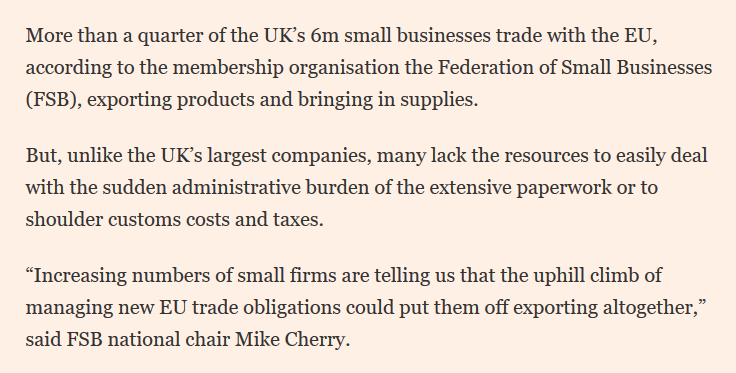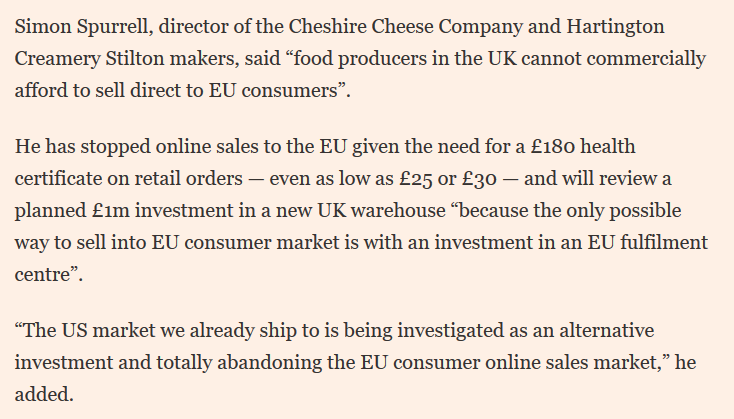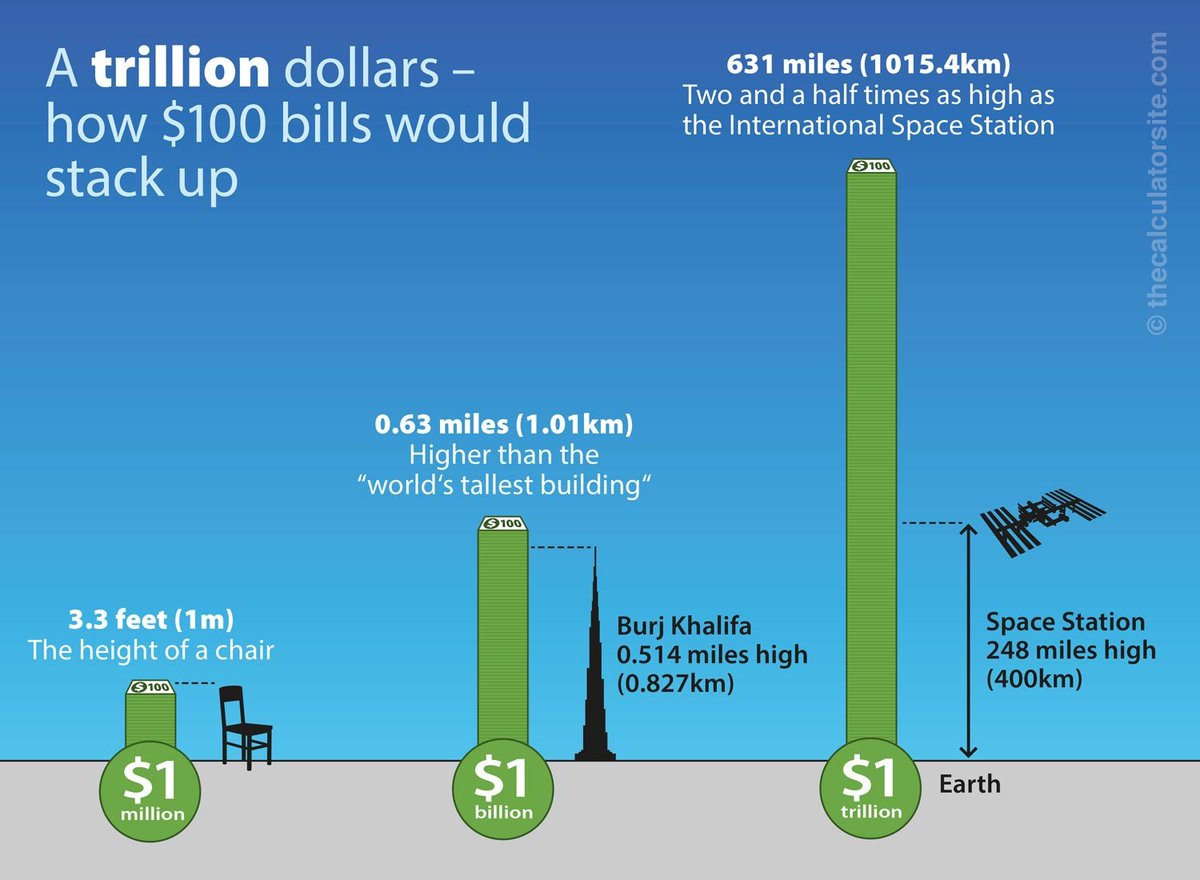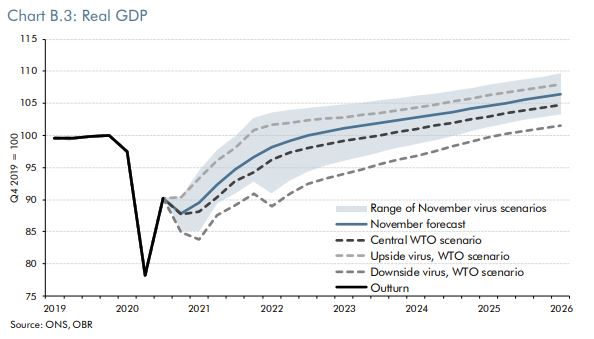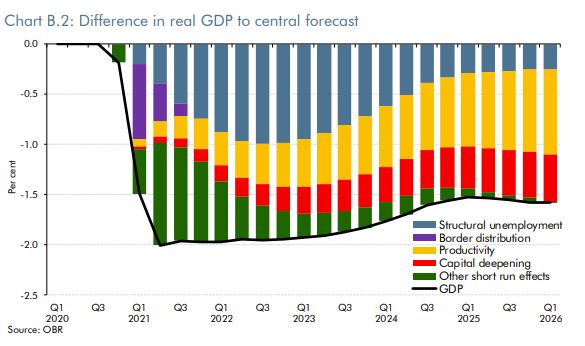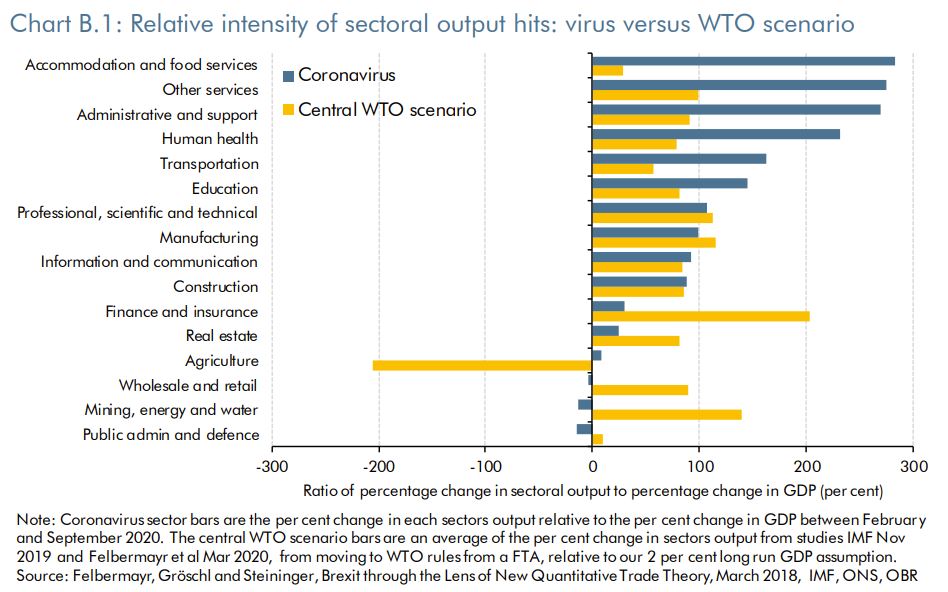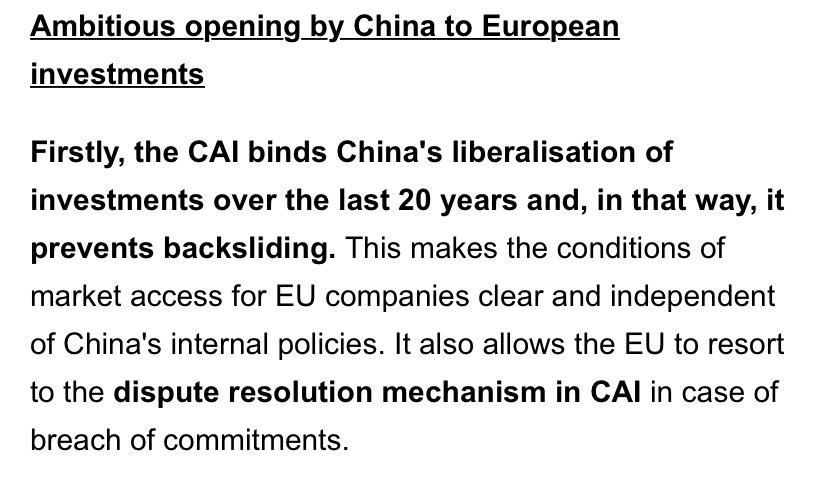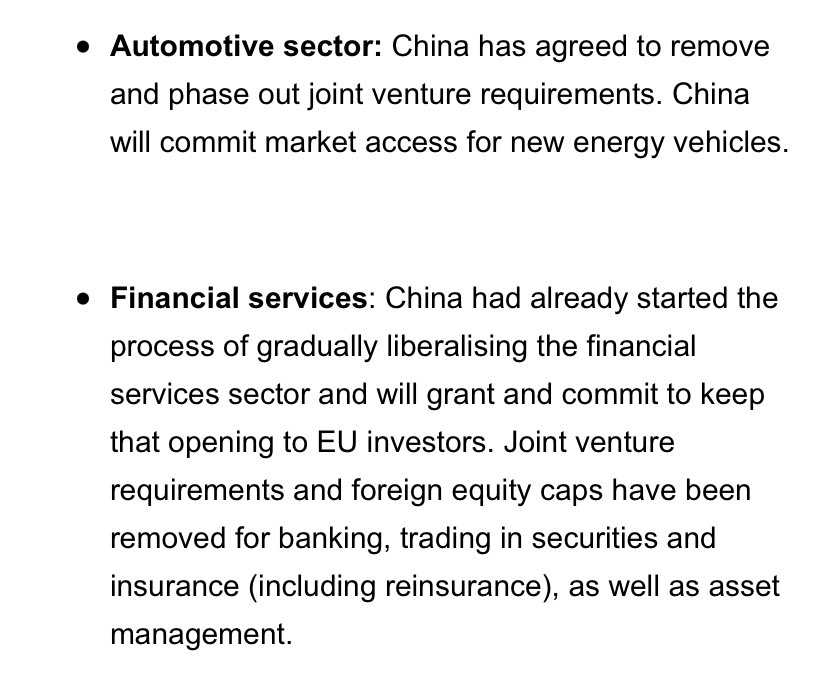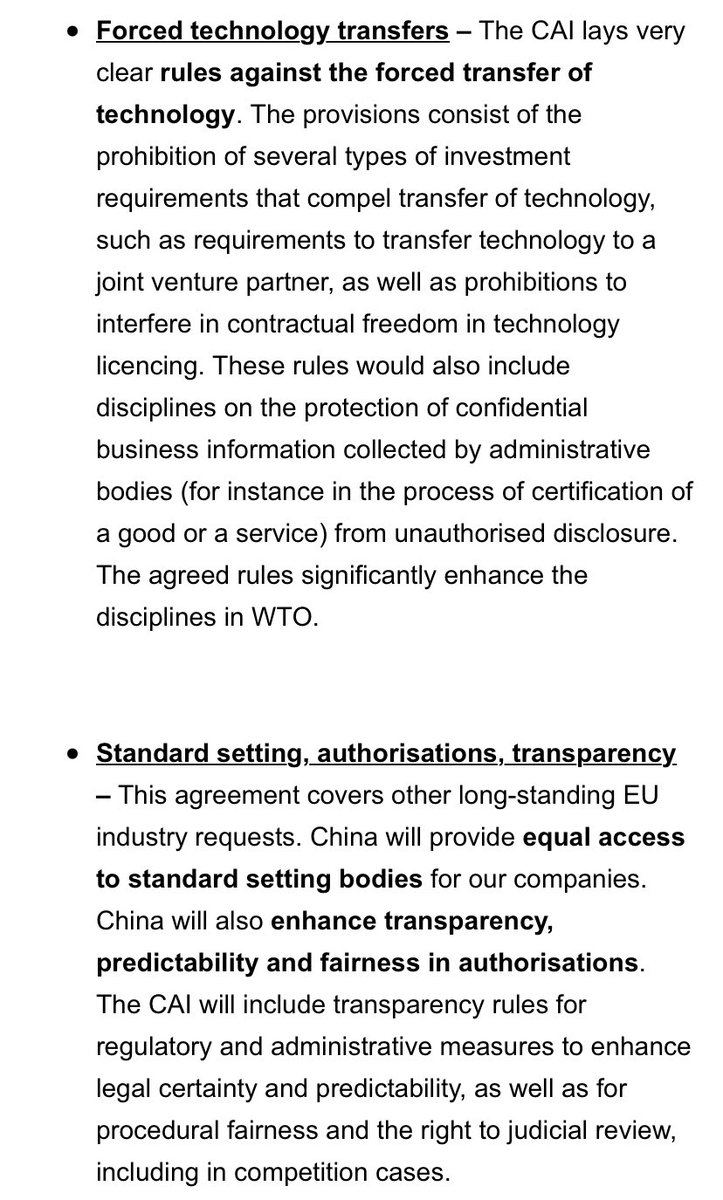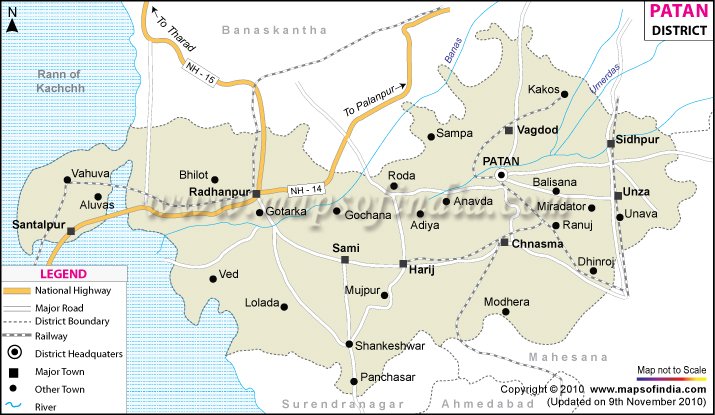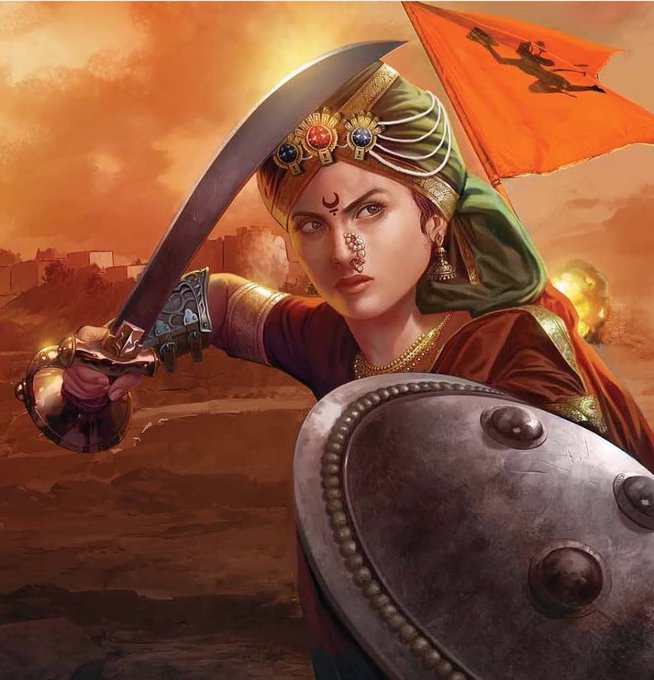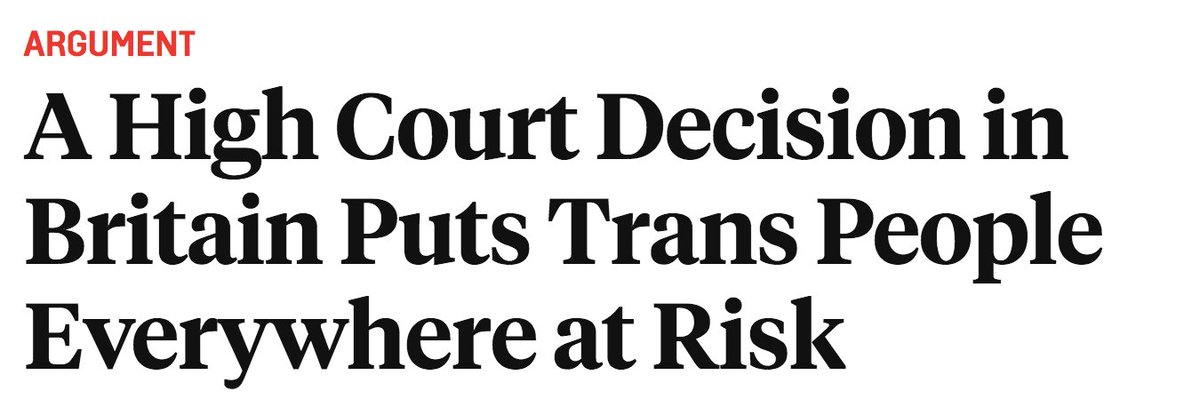How to make sense of the increasing number of UK-EU trade disruption stories?
In short - outside of a single market product checks and people working restrictions are inevitable. And outside a customs union you will have tariffs and / or rules of origin.
Detail ---> 1/
E.g. I attended an event at HoC where we discussed the implications for aerospace of UK leaving EASA. The gov minister said the gov would never do this as they understood the issues.
— Simon Hancock (@simonhancock_uk) January 8, 2021
They then decided to leave without any further consultation with the industry.
More from David Henig
Going to have to disagree with my learned friend here. If anyone moved on level playing field it was the UK, on the principle of a ratchet, or tariffs for divergence which was still being denied midweek. Changing the way in this might be achieved (many options) is insignificant.
It is the same "I move in principle you move in detail" shift we saw with the Northern Ireland protocol last year, when no PM could accept a border between GB and NI suddenly did, just as recently no PM would accept tariffs for divergence and seems to have done.
So, are we at deal yet? No, and it remains far from certain, but better than the gloom of Saturday. I still think the PM wants his ideal where everyone is happy, still hopes if only he can speak to Macron and Merkel he could get it, still to decide.
And even if there is a deal it is now too late for either business to adjust to it, or the EU to ratify it according to normal procedure. In both cases you'd think we'd need an extension, but there is a big shrug on this whole question. Nobody knows.
And so, yet again on Brexit, we wait. In particular, those who actually do the trade, the businesses we rely on, are forced to wait for a formal outcome while preparing as best they can. Let's see what happens.
Fish was never a deal breaker. Level playing field was
— Mujtaba Rahman (@Mij_Europe) December 14, 2020
But LPF now more likely to come together after @EU_Commission move (on trade test for unlocking remedial measures & scope of arbitration over remedial measures)
If it does, expect deal on \U0001f420\U0001f421 too
It is the same "I move in principle you move in detail" shift we saw with the Northern Ireland protocol last year, when no PM could accept a border between GB and NI suddenly did, just as recently no PM would accept tariffs for divergence and seems to have done.
So, are we at deal yet? No, and it remains far from certain, but better than the gloom of Saturday. I still think the PM wants his ideal where everyone is happy, still hopes if only he can speak to Macron and Merkel he could get it, still to decide.
Second, I still maintain that Johnson has not made a decision here. Some days he leans towards Deal, sometimes towards No Deal
— Jon Worth (@jonworth) December 14, 2020
He has been stuck for weeks, and still is. He\u2019d ideally just not decide *anything*
And even if there is a deal it is now too late for either business to adjust to it, or the EU to ratify it according to normal procedure. In both cases you'd think we'd need an extension, but there is a big shrug on this whole question. Nobody knows.
And so, yet again on Brexit, we wait. In particular, those who actually do the trade, the businesses we rely on, are forced to wait for a formal outcome while preparing as best they can. Let's see what happens.
More from Brexit
You May Also Like
MDZS is laden with buddhist references. As a South Asian person, and history buff, it is so interesting to see how Buddhism, which originated from India, migrated, flourished & changed in the context of China. Here's some research (🙏🏼 @starkjeon for CN insight + citations)
1. LWJ’s sword Bichen ‘is likely an abbreviation for the term 躲避红尘 (duǒ bì hóng chén), which can be translated as such: 躲避: shunning or hiding away from 红尘 (worldly affairs; which is a buddhist teaching.) (https://t.co/zF65W3roJe) (abbrev. TWX)
2. Sandu (三 毒), Jiang Cheng’s sword, refers to the three poisons (triviṣa) in Buddhism; desire (kāma-taṇhā), delusion (bhava-taṇhā) and hatred (vibhava-taṇhā).
These 3 poisons represent the roots of craving (tanha) and are the cause of Dukkha (suffering, pain) and thus result in rebirth.
Interesting that MXTX used this name for one of the characters who suffers, arguably, the worst of these three emotions.
3. The Qian kun purse “乾坤袋 (qián kūn dài) – can be called “Heaven and Earth” Pouch. In Buddhism, Maitreya (मैत्रेय) owns this to store items. It was believed that there was a mythical space inside the bag that could absorb the world.” (TWX)
1. LWJ’s sword Bichen ‘is likely an abbreviation for the term 躲避红尘 (duǒ bì hóng chén), which can be translated as such: 躲避: shunning or hiding away from 红尘 (worldly affairs; which is a buddhist teaching.) (https://t.co/zF65W3roJe) (abbrev. TWX)
2. Sandu (三 毒), Jiang Cheng’s sword, refers to the three poisons (triviṣa) in Buddhism; desire (kāma-taṇhā), delusion (bhava-taṇhā) and hatred (vibhava-taṇhā).
These 3 poisons represent the roots of craving (tanha) and are the cause of Dukkha (suffering, pain) and thus result in rebirth.
Interesting that MXTX used this name for one of the characters who suffers, arguably, the worst of these three emotions.
3. The Qian kun purse “乾坤袋 (qián kūn dài) – can be called “Heaven and Earth” Pouch. In Buddhism, Maitreya (मैत्रेय) owns this to store items. It was believed that there was a mythical space inside the bag that could absorb the world.” (TWX)

